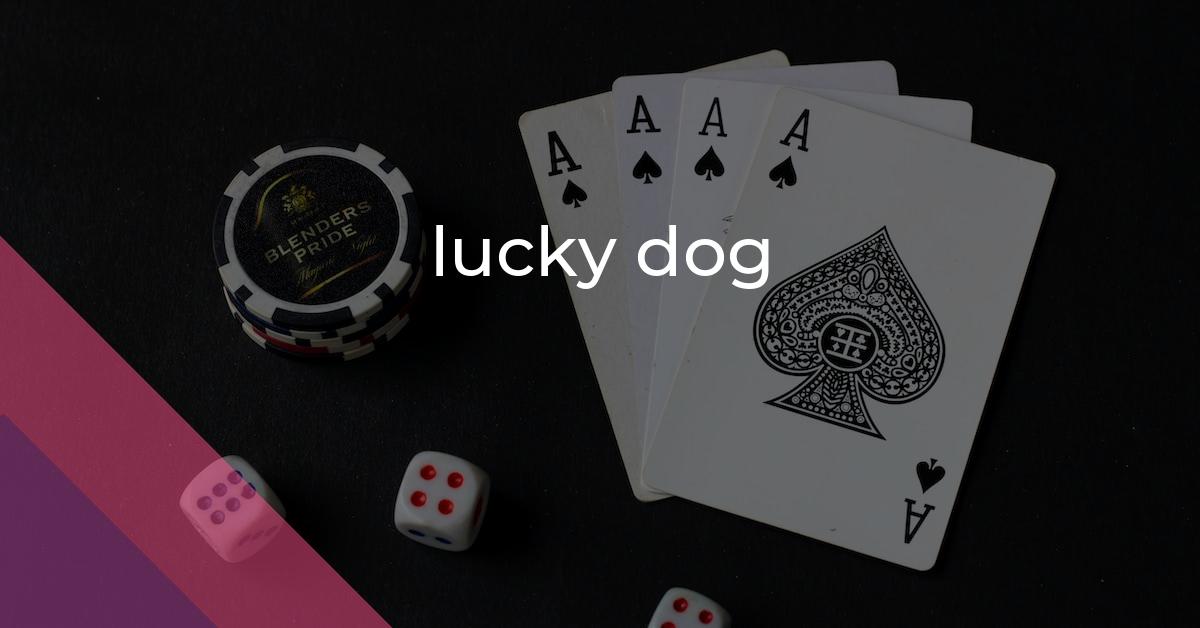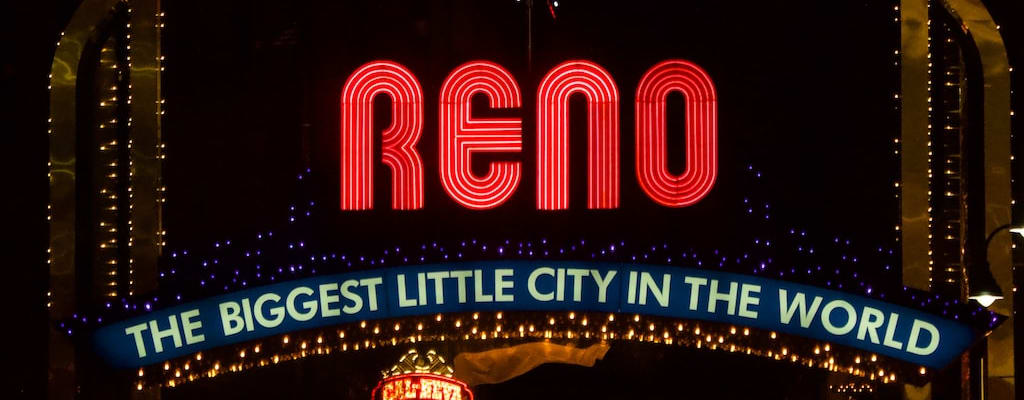lucky dog: Idiom Meaning and Origin
What does ‘lucky dog’ mean?
The idiom "lucky dog" means someone who is fortunate or has had a stroke of luck. It is often used to describe a person or situation in a positive light.

Idiom Explorer
An idiom often used to describe a person who is disliked or considered bad, with negative qualities or behavior.
The idiom "ride one's luck" means to depend on chance or luck, often in a risky or daring situation, rather than on one's own skills or abilities. It suggests taking advantage of favorable circumstances without having much control over the outcome.
An idiom used to describe someone or something that is highly unusual or unique; as rare as a rare animal.
The idiom "rain cats and dogs" means heavy or torrential rain.
The idiom "put on the dog" means to dress or act in an extremely fancy or extravagant manner, often to show off or impress others.
The idiom "pick of the litter" means to choose the best person or thing from a group. It comes from the practice of selecting the best puppy from a litter of newborn dogs.
An idiom used to refer to a particular person's character, occupation, or role, highlighting its uniqueness and individuality.
"Out of luck" means to have no good fortune or opportunities, often due to circumstances beyond one's control.
An idiom meaning to feel extremely happy and successful.
Fortunate Fido
When it comes to luck and good fortune, the idiom "lucky dog" is a perfect expression. This familiar phrase is commonly used in American English to describe individuals or animals who find themselves in fortunate circumstances. Its positive connotation can be heard in informal conversations, as well as seen in literature, movies, and television shows. The origin of this idiom, however, remains unknown, as there is no definitive source or timeline connected to its usage. Nevertheless, it has been used for decades and can be traced back to at least the early 20th century. Let's explore the depth and meaning of the idiom "lucky dog," and how it relates to other idiomatic expressions.
One related idiom to "lucky dog" is "lucky duckling." This playful phrase refers to someone who is even luckier than a regular "lucky dog." It conveys the idea of extreme good fortune and emphasizes the admiration and envy one may feel towards such individuals. So, if you think someone has lucked into an extraordinary opportunity, you can say they are not just a "lucky dog," but a "lucky duckling."
Another idiom that shares a similar notion of good luck is "lucky break." A person who experiences a "lucky break" has encountered a fortunate turn of events that has opened doors for them. This expression highlights the significance of opportunities in shaping one's luck and success. It is often used to acknowledge the positive impact of a chance occurrence on someone's life. So, if you know someone who has been fortunate enough to benefit from unexpected circumstances, you could say they have had a "lucky break" that has changed their life.
An idiom closely related to the idea of fortuitous events is "gift from above." This expression suggests that a favorable outcome or opportunity is like a present bestowed upon someone from a higher power or a stroke of luck from the universe. It adds a touch of wonder and spirituality to the concept of good fortune, acknowledging that luck can sometimes feel like a divine intervention. So, when something unbelievably fortunate happens to someone, it can be described as a "gift from above."
Yet another idiom that shares the theme of luck is "luck out." While "lucky dog" expresses admiration and envy towards someone who has experienced good luck, "luck out" emphasizes the personal benefit and happiness that one derives from being lucky. It suggests that the lucky individual is the one who "wins" in their fortunate circumstances. So, if you've ever been in a situation where everything turned out unexpectedly well for you, you could say you really "lucked out."
The idiom "lucky dog" is deeply rooted in American English, used to describe individuals and animals who find themselves in favorable and fortunate situations. It carries a positive connotation and is often employed to express admiration or envy towards those who have encountered good luck or achieved success. And while the origin of the idiom remains unknown, it has cemented its place in the English language, appearing in various publications throughout the early 20th century. So, whether you're a "lucky dog," a "lucky duckling," you've had a "lucky break," or received a "gift from above," always remember that luck can change at any given moment, and anyone can become the object of envy and admiration.
Example usage
Examples of how the idiom *lucky dog* can be used in a sentence:
- After entering the contest for the tenth time, Jack finally won a new car - he's such a lucky dog!
- Despite getting lost in the woods, Sarah found her way back to camp and reunited with her group - what a lucky dog she is!
- John's business partner's sudden resignation saved him from a potential financial disaster - he considers himself a lucky dog.
More "Admiration" idioms



